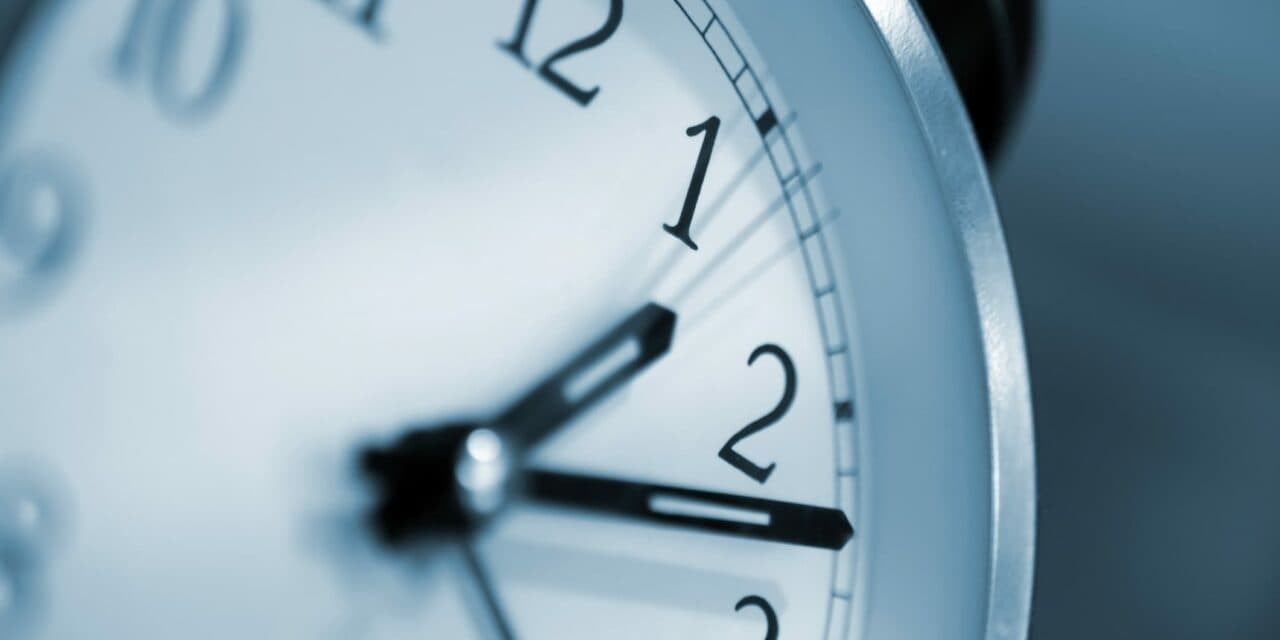Researchers have discovered particular mutations in three genes that control short sleepers’ resting needs.
Researcher Ying-Hui Fu of the Weill Institute for Neurosciences at the University of California, San Francisco studies sleep behaviors and circadian rhythms—the body’s natural clock for sleeping. She and her team found in 2009 that the genes of so-called “short sleepers” have certain mutations that are responsible for super-efficient sleep. At this point, her team had identified five mutations in three genes that control how much shut-eye people need, but Fu suspects there are more genes involved.
Sleep governs your cognitive and neurological functions, like memory, thinking, learning, moving, and feeling energetic. Sleeping many hours does not necessarily correlate with getting quality sleep, however. The more efficient your sleep is, the less you need. And that’s a hallmark of short sleepers, who need about half as much sleep as the vast majority, but perform as well as regular sleepers, Fu explains to Popular Mechanics.
While it’s a rare individual who is genetically wired to sleep fewer hours in a day, all of the people she and her team have identified as short sleepers have several things in common. They tend to live longer and healthier lives, both physically and mentally. These people are truly lucky, her research finds, because they seem to share some awesome characteristics:
“These short sleepers not only need less sleep, but while they’re awake—for 18 to 20 hours— they are more active than typical sleepers. With all that extra time, they tend to be multitaskers,” Fu says. That means they may have two jobs, or be studying while working and having hobbies, for example. They don’t tend to be idle, she says.



